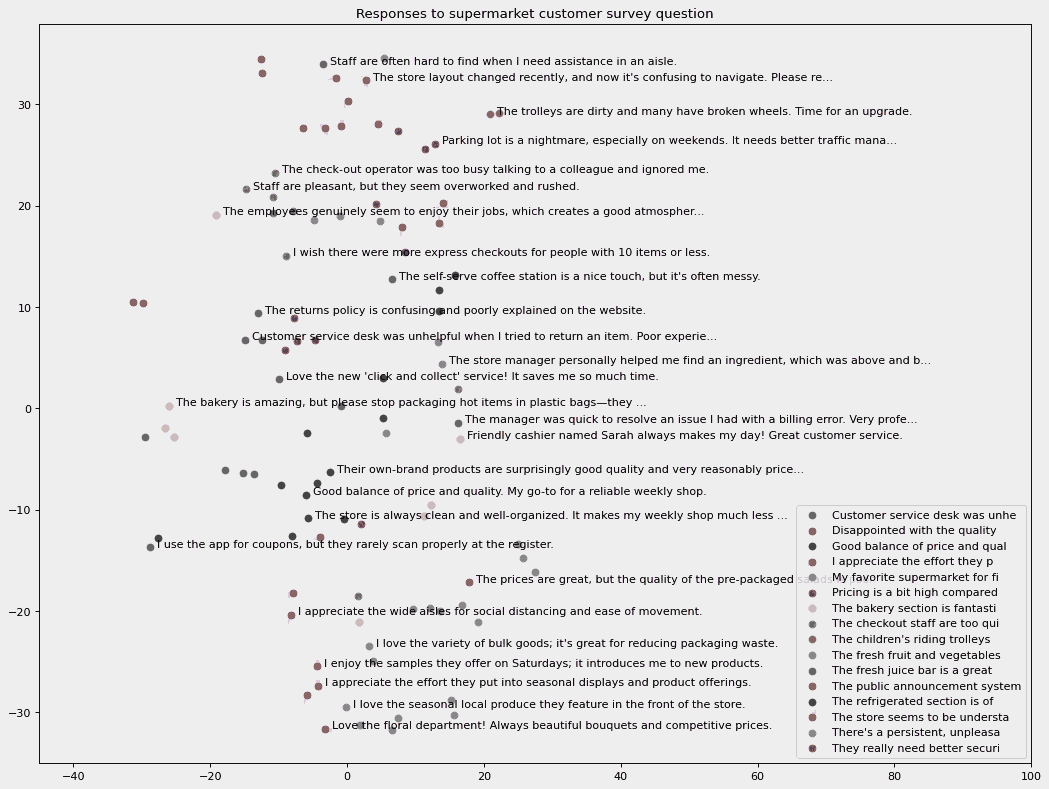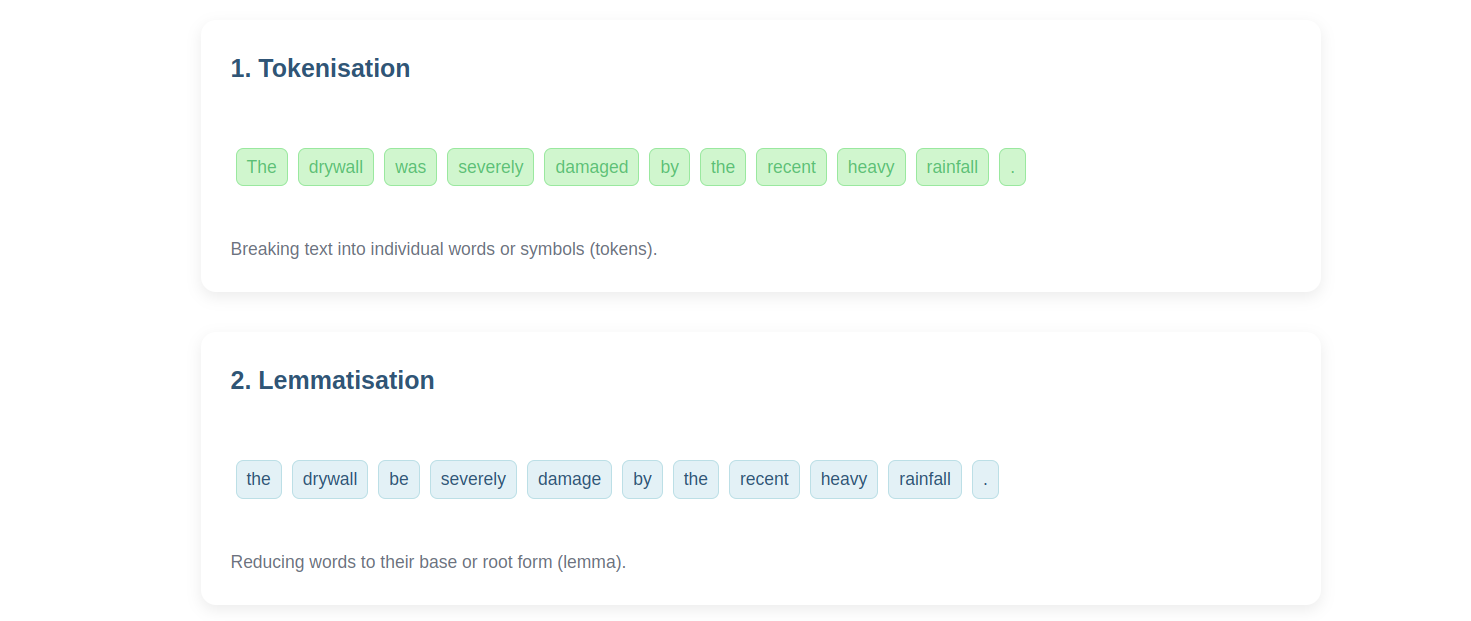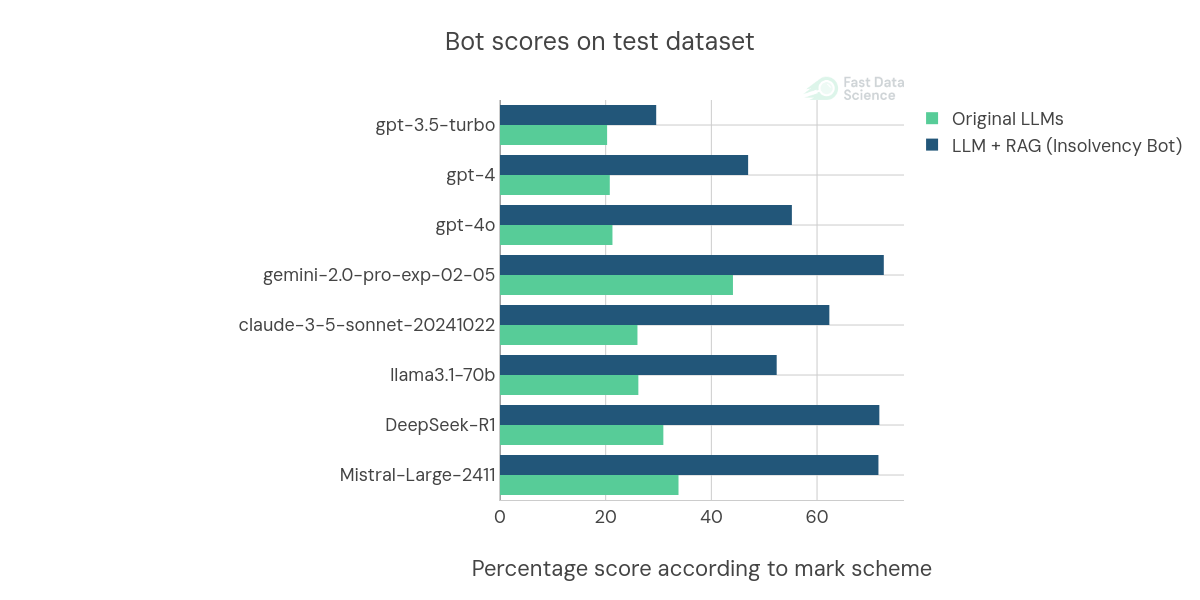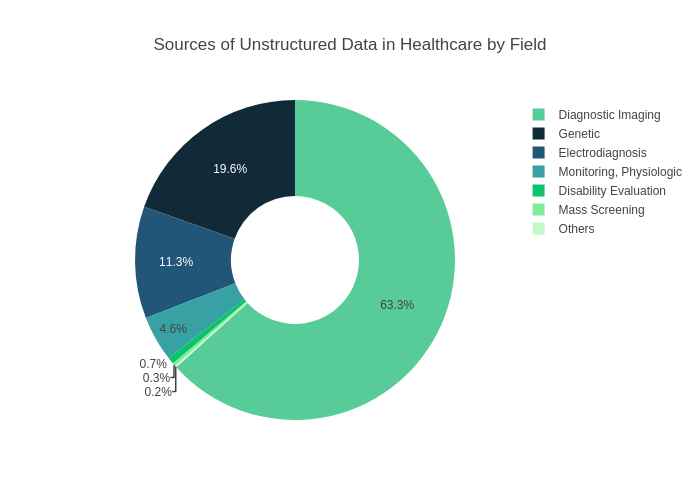
How can you use generative AI to find topics in a free text survey and identify the commonest mentioned topics? Imagine that you work for a market research company, and you’ve just run an online survey. You’ve received 10,000 free text responses from users in different languages. You want to quickly make a pie chart or bar chart showing common customer complaints, broken down by old customers, new customers, different locations, different spending patterns, and demographics.

Guest post by Alex Nikic In the past few years, Generative AI technology has advanced rapidly, and businesses are increasingly adopting it for a variety of tasks. While GenAI excels at tasks such as document summarisation, question answering, and content generation, it lacks the ability to provide reliable forecasts for future events. GenAI models are not designed for forecasting, and along with the tendancy to hallucinate information, the output of these models should not be trusted when planning key business decisions. For more details, a previous article on our blog explores in-depth the trade-offs of GenAI vs Traditional Machine Learning approaches.

This new video explains natural language processing: what it is, how it works, and what can it do for your organisation. Natural Language Processing (NLP) is a branch of Artificial Intelligence (AI) that focuses on giving computers the ability to understand human language, combining disciplines like linguistics, computer science, and engineering.

When you receive an email or document written by somebody it can be hard to work out if they use generative AI. There can be giveaways. For example, if that individual has written a document in a different style from their usual writing. Occasionally I have received messages with the prompts left in, such as “I really enjoyed working with you on [insert name of project]”. Around the world, students are finding themselves accused of using AI to write their dissertations, and finding themselves in quasi-legal proceedings in their university where it is impossible to prove conclusively whether generative AI was used to write a document.

Senior lawyers should stop using generative AI to prepare their legal arguments! Or should they? A High Court judge in the UK has told senior lawyers off for their use of ChatGPT, because it invents citations to cases and laws that don’t exist!

Can AI handle legal questions yet? We have compared the capabilities of the older and newer large language models (LLMs) on English and Welsh insolvency law questions, as a continuation of the Insolvency Bot project.

Unstructured Data in Healthcare with NLP Introduction In today’s digital healthcare landscape, data plays a pivotal role. However, while medical records, patient feedback, and clinical research generate vast amounts of information, not all of it is easy to manage or analyze. In fact, the majority of this data is unstructured, making it difficult for traditional tools to process effectively.

Fine tuning a large language model refers to taking a model that has already been developed, and training it on more data. It’s a way of leveraging the work that has already gone into developing the original model. Fine tuning is often used to adapt a generalist model for a more specific domain, such as mental health, legal, or healthcare, and in this case it’s also referred to as “transfer learning”.

Large language models and neural networks are powerful tools in natural language processing. These models let us achieve near human-level comprehension of complex documents, picking up nuance and improving efficiency across organisations.
What we can do for you